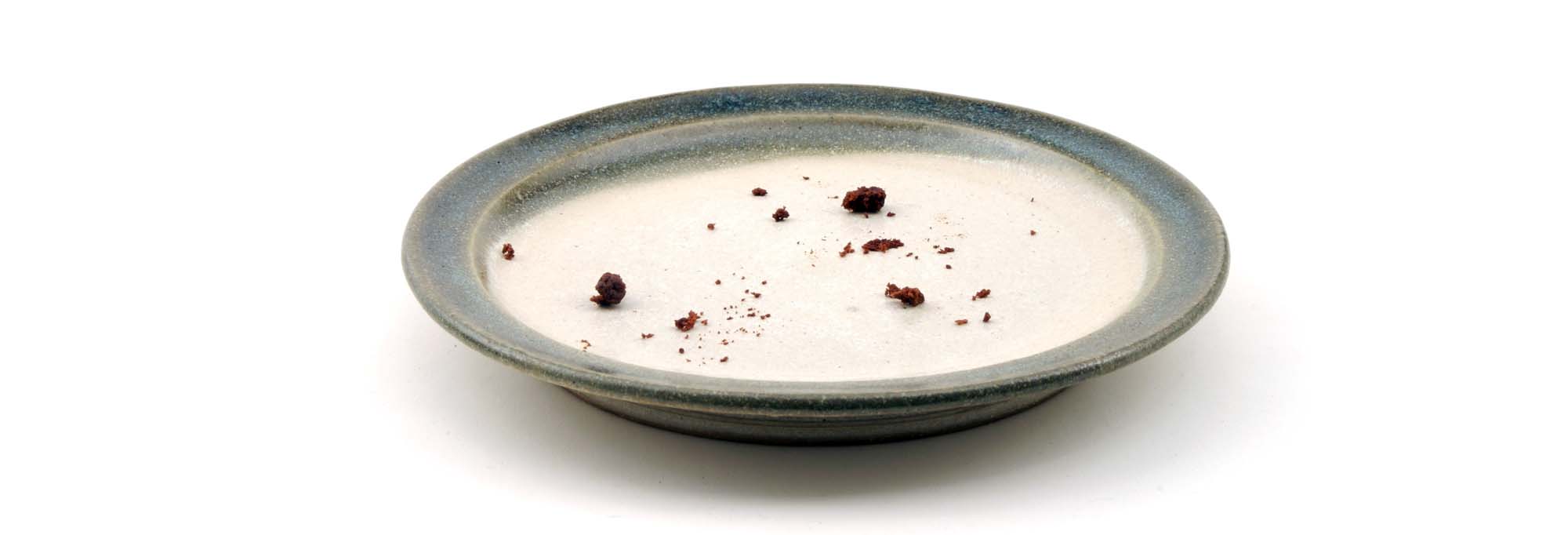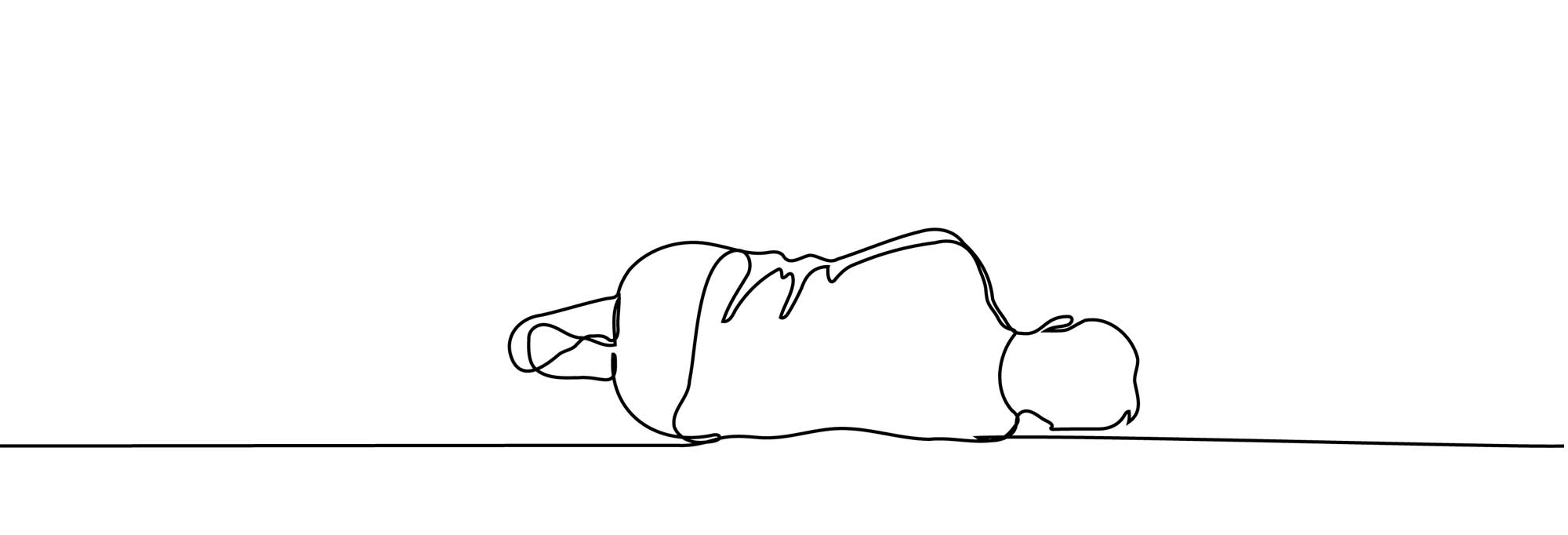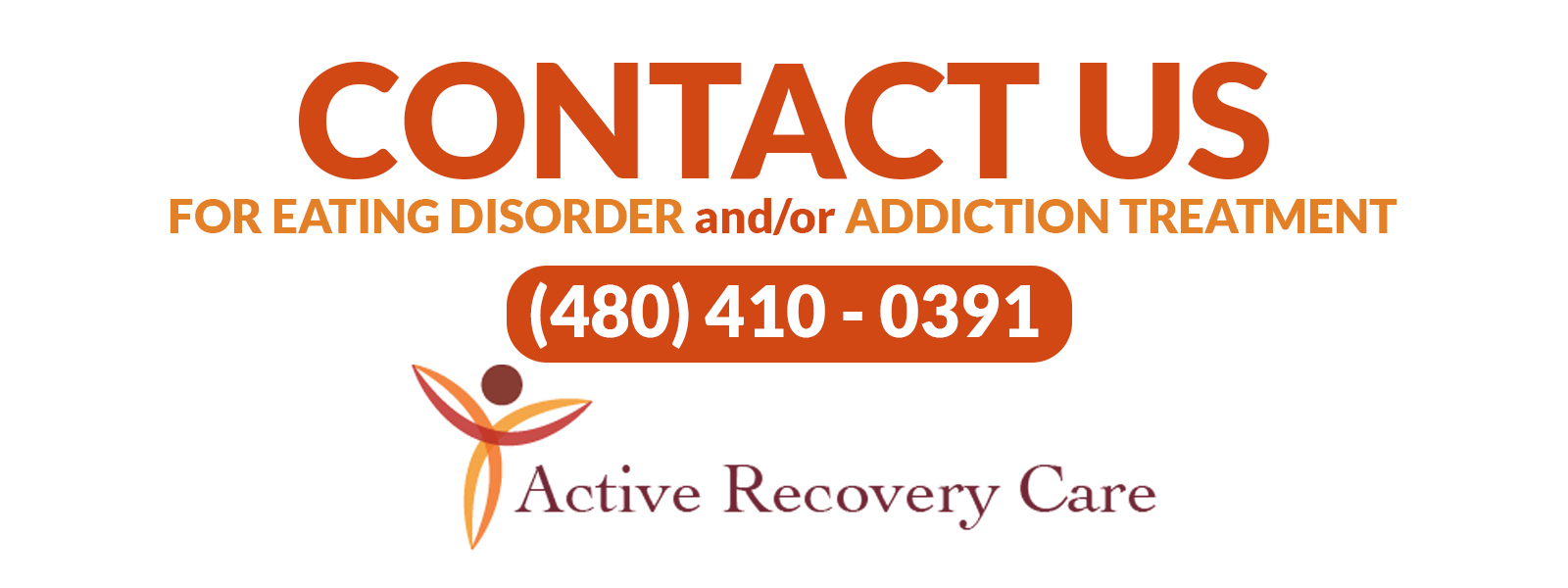Anxiety and eating often go hand-in-hand for some… The two are very closely related in many ways. We — as doctors and nurses dealing closely with nutrition, eating disorders, mental health, and addiction — have seen how anxiety can cause people to eat more or less, or even refrain from eating entirely.
Feeling Anxious Eating Around Other People
A common complaint today is that people feel increasingly uncomfortable eating around others. The “on-the-go” lifestyle of modern Americans and those in developed nations is to blame for the increase in cases, in addition to other cultural significances that play a role. Many of the complaints, and subsequent mental health counseling for eating disorders and anxiety show common similarities:
- People often worry about what others think of them while they are eating.
- Like an irrational fear or paranoia, many people feel a sense of shame during or after eating. This can cause people to refrain from eating completely, or eating less than they would normally.
- Some lose their appetites around other people.
This is more common than you might think: many people change their eating habits based on the company they are with while eating. Eating disorders occur when this is pushed to the extreme, and not just a once-in-a-while occurrence.
Feeling Anxious Eating in Certain Places
It is also quite common for a person’s surroundings to give them anxiety; sometimes, enough anxiety to disrupt their appetite and eating patterns. Common examples of environment-induced eating anxiety include:
- Can’t Eat At Work — it is very common for individuals to change their eating habits or refrain from eating when they are at work.
- This may be because they feel pressured NOT to take a lunch break.
- This may be because time limits their options.
- Diet or restrictions prevent people from being able to eat what they want.
- Available options are scarce — no access to restaurants or healthy food options.
- Work /proximity to work is causing stress /anxiety — and affecting appetite.
- Can’t Eat At School — social pressures, mental stress, and peers can make eating at school awkward for children and adults alike. It is important to learn how to cope with these mental blocks and focus on your nutrition and wellbeing above all else.
- Can’t Eat At Other People’s Houses or Kitchens — anxiety about cleanliness, social anxiety, and simply not liking others food choices can cause someone to refrain from eating or eat less when eating during a social visit. Diet and personal choice can be factors as well.
- Can’t Decide On What To Eat or Where to Eat — this is incredibly common, but can become an eating disorder when pushed to the extreme or when you refrain from eating completely.
- This is a common mental block, and is most seen when individuals have not had any sort of structure to their nutritional habits.
- Many people need to be forced into an eating routine, or they fall into bad eating habits (Snacking, missing meals, overeating, etc.). These bad eating habits can worsen into an eating disorder.
- An Overabundance of Options or Lack of Options Causes Anxiety — “The Netflix Effect” — just like when you are overwhelmed with movie choices on streaming services, some can delay eating or miss meals completely just because of the anxiety of making the choice of what to eat.
- Anxiety about waiting for a table, or feeling like a burden can keep individuals from eating at certain places and negatively affect their appetite and eating habits.

What Is Orthorexia Nervosa?
When dietary choices and self-restrictions become unhealthy, an eating disorder develops. The trigger may be a fad diet, a food allergy, or simply over-exercise in combination with under-nourishment. But when diet becomes obsession, the eating disorder is called “orthorexia Nervosa.”
It is important to point out that those suffering from orthorexia are usually not bulimic nor do they binge and purge. If a person engages in binge and purge and self-induced vomiting, this will be classified as Bulimia Nervosa — even if diet and exercise is compounding the problem.

What Is (ARFID) Avoidant/Restrictive Food Intake Disorder?
When an individual’s food restriction becomes a health concern, we classify it as: (ARFID) Avoidant/Restrictive Food Intake Disorder.
Many of the issues people have with not eating because of anxiety are covered under the term (ARFID), including many of the examples give above. Restricting your diet, losing appetite, and having anxiety over your eating can quickly grow from an annoying habit to an eating disorder very quickly. Often, restrictive eating takes over your life before you even realize it.

Anxiety After Eating
If you are suffering from anxiety or panic attacks, and it does not have to do with body dysmorphia (self-esteem, body image) nor an eating disorder, your doctor or nurse may want to check your blood pressure and blood sugar — among other tests to see if the anxiety is related to your body chemistry.
Specifically, if a change in your blood and body chemistry is related to eating (it happens every time you eat, regardless of WHAT you eat), your doctor may suspect that it is related to food absorption and related bodily functions.

Anxiety and Panic Attacks Only After Eating Certain Foods But Not Others
If the anxiety and panic attacks occur only when eating certain foods and drinks, your doctor may suspect a food allergy and recommend food allergy testing.
Treatment for Eating Anxiety and Eating Disorders in Arizona
Active Recovery Care specializes in treating eating disorders alongside nutritional and health concerns. Dr Melissa of Active Recovery Care has experience in treating anxiety, eating disorders, substance use disorder, and allergy concerns concurrently (all-together).
- Food Allergy and Eating Disorder Treatment
- Anxiety and Eating Disorder Treatment
- Depression and Eating Disorder Treatment
Contact Us to Schedule Your Appointment >>
How to Get Over Food Anxiety
The best way to get over food anxiety is to put yourself into a health eating routing. Make sure you are not restricting your eating, and keep at your routine. Just like an exercise routine or any other habit, you have to keep doing it over-and-over-again until it becomes second-nature.
Working with a Nutritional Specialist and Eating Disorder Doctor can help you to putting-together this routine and sticking-to it. A mental health therapist can help you to get over any blocks that are keeping you from moving forward, sticking to the routing, and getting better.
Getting over your food anxiety happens inside of YOUR head, so be prepared to make some life, lifestyle, and mental changes. If you can’t do it in your head alone, work with an eating disorder doctor. There is nothing to be ashamed of or afraid of — it’s painless and you will regain control of your life and body.









